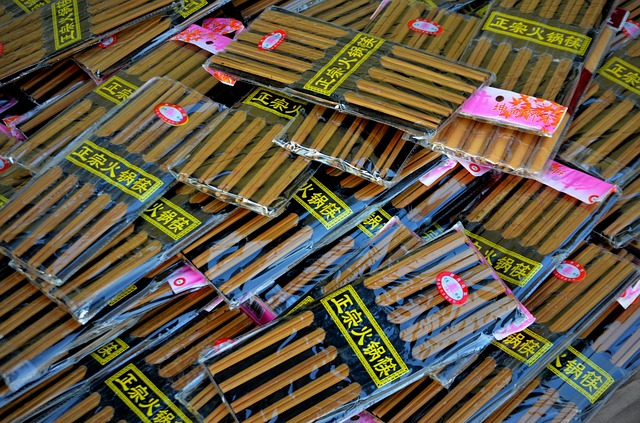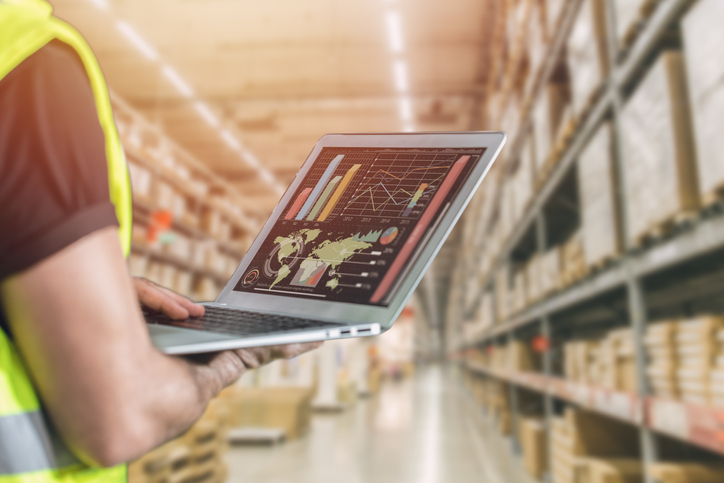However, the language barrier can be tricky when negotiating with Chinese companies, especially with westerners who are usually afraid of getting scammed.
Here are five secrets to sourcing products in China that you should consider:
Always do your research when sourcing products from China
The last thing you want to do is spend hundreds of pounds and spend weeks or months wondering if your supplier is legit.
There is no 100% guarantee that certain suppliers won’t rip you off even if you choose suppliers with “Golden supplier,” “Accessed Supplier,” and “Trade assurance” badges.
Here are some things you should do check out the suppliers before going ahead and ordering:
Company website
Make sure that the company has a proper website and not just an “About us” webpage.
Google research
Make sure that you google the companies to see if there is a scam report or reviews about the company.
Ask lots of questions
If you are unsure about the company ask lots of questions that will make you feel comfortable with the suppliers or the products. For example, you could ask for samples of products or ask the company to take photos of them holding the product you want to order.
Keep the conversations consistent and if they become inconsistent or if they don’t reply, then use your judgement and know they’re not the right supplier.
Third party inspection
If you don’t have the time or the funds to go and visit the company in China, you can get another company to do a pre-shipment inspection which includes function testing, checking the production, and making sure the products are made according to your order requirements.
Negotiate when sourcing and purchasing products
One thing about the Chinese is that they love to barter. The western culture isn’t as familiar with bargaining, but now people are catching on, merchants are increasing their prices, so they make more of profit.
Make sure that you negotiate with Chinese suppliers including minimum order numbers and payment terms.
The best thing to do is to instruct a Chinese agency to help you because as soon as a Chinese company hears a foreign voice, the price will increase.
Make sure that you ask for samples before you buy
Make sure that you ask for samples, before ordering in bulk. Many Chinese companies try to make you pay for samples and postage on top of this.
Just because you aren’t visiting their factory or warehouse doesn’t mean that you aren’t entitled to samples. You should ask for samples for about five suppliers and take a note of delivery times, import costs and shipping times.
Find a Chinese sourcing agency to source products for you
You can contact reputable Chinese companies like Lazpanda who will source products for your small business, saving you time and money when it comes to checking out samples and arranging for them to be mass produced. Benefits of employing a
Chinese sourcing agency also include;
- Hiring a sourcing agency can help you negotiate with Chinese manufacturers
- You are less likely to get scammed
- If you’re confused how to find a reliable China sourcing agent to help you handle all stuff.
Build a professional relationship
Just because you are ordering online doesn’t mean that you can’t strike up a relationship with your supplier.
The internet allows us to make better professional relationships with suppliers with tools such as WeChat, Facebook and Skype, we can speak to them in real-time. So, customers can do business in China without having to travel half way across the globe.
According to an article in Forbes, China is now the world’s second-largest performer and accounts for 20% of global R&D expenditure, according to the U.S. National Science Board, while the U.S. still leads the market with a 27% share, this figure is down from almost 33% a few years ago. With China becoming one of the world’s most popular innovators more businesses, especially start-ups in the UK will eventually start to source products from China and work with Chinese businesses.





